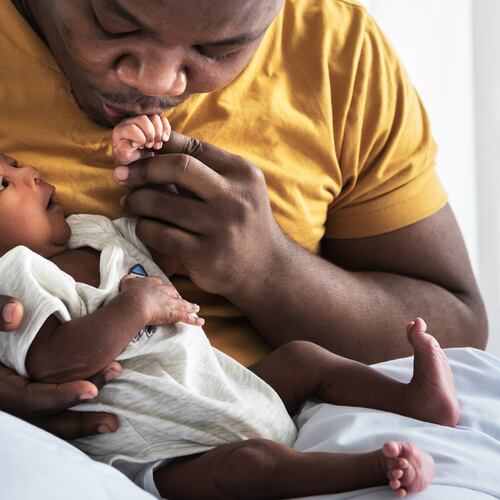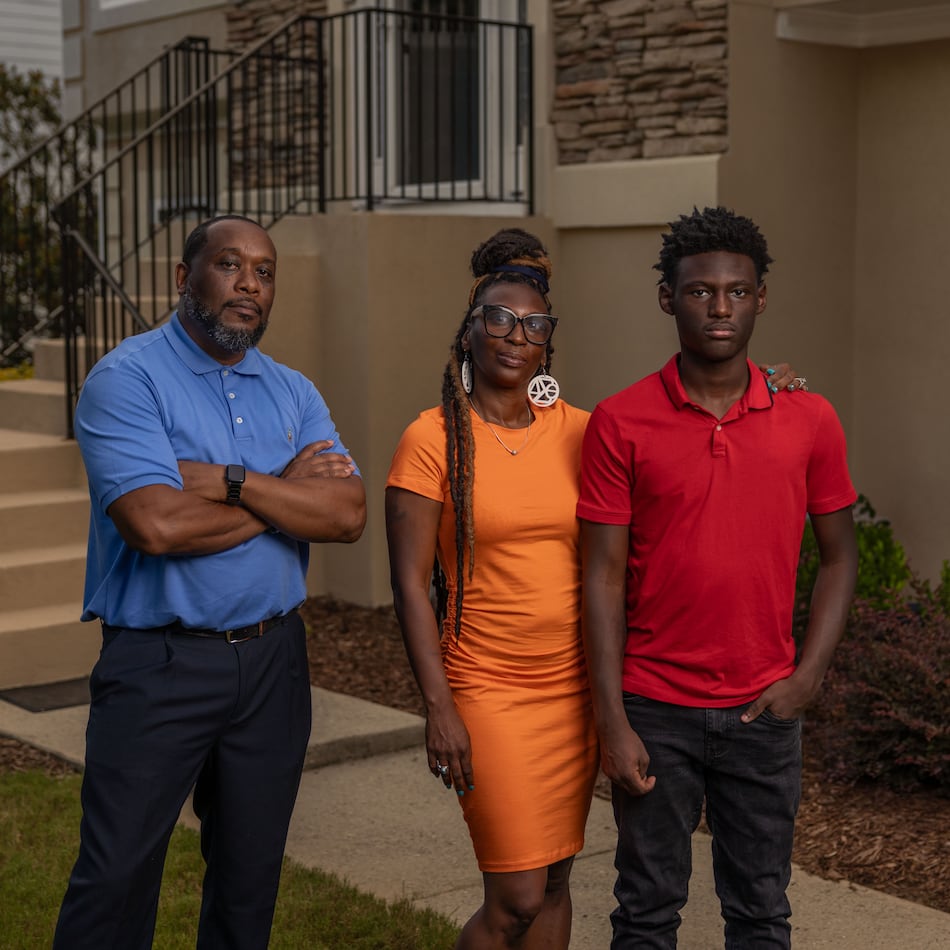These days, Dr. Numan A. Abdul-Latif spends his days in Lilburn taking his granddaughter to work or college. She wants to be a nurse. He reads, shops and visits friends.
Over the Thanksgiving holiday, a daughter, Leila Abdul-Latif, is to visit from Tampa. And a son, Ali Abdul-Latif of the Netherlands, is scheduled to arrive in a few days.
It had been nearly a year since I talked to Abdul-Latif, a native of Baghdad. Back then, the naturalized citizen had been in a bind.
The 2009 property tax bill on his Lilburn home had come due and it was higher than the previous year’s. On a fixed income and with a disabled wife, he didn’t see a way to pay.
He and Margaret, an Atlanta native, met in the 1960s. He was a chemical engineering student at Georgia Tech; she was studying nursing at Atlanta Technical Institute.
They married in 1968 and lived in Pensacola, Fla., for five years while he worked for a chemical company.
In 1973, the couple and their two children returned to his native country, where he was a professor at the University of Baghdad for nearly 20 years.
In 1995, Margaret and the children moved to Tampa during Iraq’s political turmoil.
Abdul-Latif had visa issues, however, and couldn’t join them till three years later.
They eventually returned to Atlanta and settled in Lilburn.
Last fall, Abdul-Latif told me all about the family’s journey when he contacted me about his property tax bill.
The story touched dozens of readers; two sent checks and asked that I deliver them.
Each time I visited, Margaret was a gracious host. Every time, I was pinched for time, though she insisted that we make a later, longer date for coffee and dessert. She suffered from a heart condition that required daily medications and routine doctor’s visits.
She talked about her faith, how her husband prayed five times a day, and mentioned a program that might assist with house repairs that she’d heard about in church.
“We made application and our application was approved,” he said. “I have to stay in the house for five years before I sell it. Otherwise, I’ll have to pay.”
Abdul-Latif raves about the new roof, siding, kitchen cabinets and other additions to his house. The housing rehab program helps low-income residents make major repairs. The $30,000 overhaul was completed in February.
But the renovation has also been bittersweet.
In May, Margaret Kathrine Abdul-Latif died from small intestinal blockage at Emory Eastside Medical Center. She was 69.
“She was younger than me, so I was hoping I’d go first,” he told me.
Prior to her death, the Abdul-Latifs had talked about meeting the Marietta couple who had sent them a check.
But that got sidetracked with the sudden death of Margaret.
“She worked very hard to get the house fixed. She did all the supervising and worked with the contractors. She was very happy with the handicapped-accessible bathroom and other things in it. Unfortunately, she only got to enjoy it a few months.”
Rick Badie, an Opinion columnist, is based in Gwinnett. Reach him at rbadie@ajc.com or 770-263-3875.
About the Author
Keep Reading
The Latest
Featured


